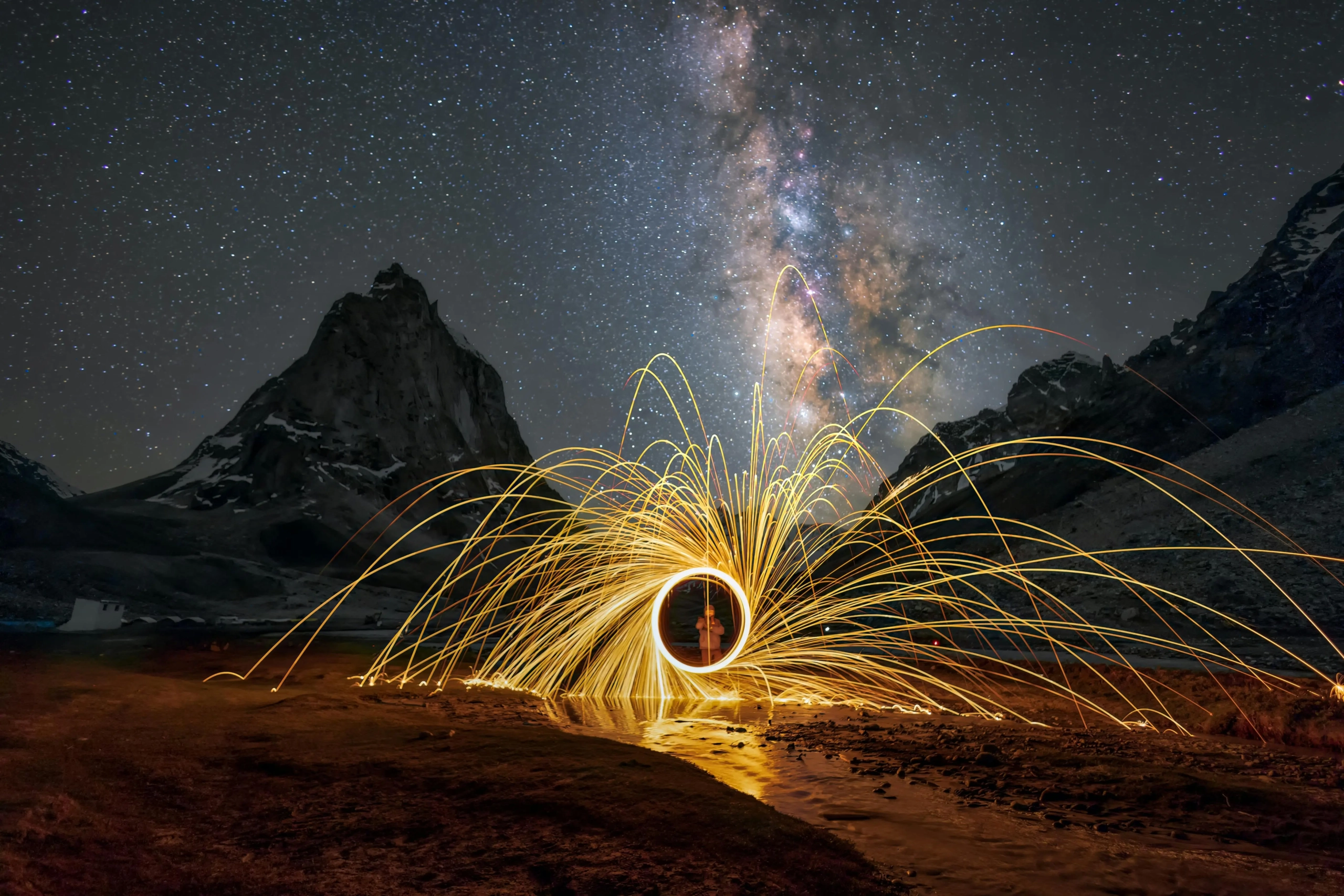In today’s fast-paced, ever-evolving world, the perceived divide between science and spirituality is narrowing. What was once seen as opposing disciplines is now increasingly understood as complementary perspectives on understanding the universe and our place within it. This intersection of science and spirituality offers profound insights, blending empirical inquiry with introspective wisdom. But how can these two seemingly disparate worlds harmonize, and what does this mean for our collective future?
1. Understanding Science and Spirituality
What Is Science?
Science is the systematic pursuit of knowledge through observation, experimentation, and evidence-based reasoning. It seeks to explain the workings of the physical universe by uncovering natural laws. From the mysteries of quantum physics to the vastness of the cosmos, science provides clarity and tangible solutions to humanity’s questions.
What Is Spirituality?
Spirituality, on the other hand, delves into the intangible. It explores the meaning of life, the nature of existence, and the interconnectedness of all beings. Rooted in personal experience, spirituality often emphasizes inner growth, ethical living, and a sense of unity with the universe.
2. Common Ground Between Science and Spirituality
1. The Quest for Truth
At their core, both science and spirituality seek to understand reality. While science relies on measurable evidence, spirituality often relies on experiential understanding. Both, however, aim to answer fundamental questions: Why are we here? and What is the nature of existence?
2. Interconnectedness of All Things
Modern scientific discoveries, particularly in quantum physics and ecology, echo spiritual teachings about interconnectedness. The theory of quantum entanglement, for instance, demonstrates how particles can remain interconnected regardless of distance. Similarly, spiritual traditions often emphasize the oneness of all life.
3. The Role of Consciousness
Consciousness is a profound mystery at the heart of both science and spirituality. Neuroscientists study the brain’s mechanisms, while spiritual practices like meditation and mindfulness focus on expanding awareness. Together, they provide complementary insights into the nature of the mind and its potential.
3. Key Scientific Concepts Supporting Spiritual Insights
1. Quantum Physics and the Nature of Reality
Quantum physics challenges classical notions of reality. Concepts like wave-particle duality, superposition, and the observer effect reveal a world that defies conventional logic. These findings resonate with spiritual teachings that suggest reality is more fluid and interconnected than it appears.
2. Neuroscience and Meditation
Research on meditation’s impact on the brain has bridged science and spirituality. Studies show that regular meditation can reduce stress, enhance focus, and even rewire the brain. Spiritual practices, long regarded as subjective, now have measurable benefits that science validates.
3. The Biophilia Hypothesis
The biophilia hypothesis posits that humans have an innate connection to nature. This aligns with spiritual practices emphasizing harmony with the natural world. Spending time in nature has been shown to improve mental health, enhance creativity, and deepen a sense of connection.
4. Spiritual Concepts Illuminating Scientific Questions
1. Intuition and Innovation
Many groundbreaking scientific discoveries, from Einstein’s theory of relativity to the structure of DNA, were driven by intuition and inspiration. These moments of insight often resemble spiritual “epiphanies,” suggesting a deeper source of knowledge beyond logic.
2. The Power of Belief
The placebo effect demonstrates how belief can influence physical reality, a concept long recognized in spiritual traditions. Whether through prayer, visualization, or faith, spirituality emphasizes the transformative power of belief.
3. Nonlinear Time
While science typically views time as linear, certain theories, like those in cosmology and quantum physics, suggest time may be more fluid. Spiritual teachings, particularly those in Eastern traditions, have long described time as cyclical or multi-dimensional.
5. Practical Applications of This Union
1. Holistic Health and Well-being
The integration of science and spirituality is reshaping healthcare. Practices like mindfulness-based stress reduction (MBSR), yoga, and energy healing are gaining acceptance in medical communities. These approaches combine scientific rigor with spiritual wisdom to promote holistic well-being.
2. Sustainable Living
Both science and spirituality advocate for harmony with nature. Renewable energy, conservation efforts, and eco-spiritual movements reflect this synergy, encouraging sustainable practices that honor the planet.
3. Education and Personal Growth
Innovative educational models are incorporating both scientific knowledge and spiritual principles. Programs that teach emotional intelligence, mindfulness, and critical thinking prepare individuals for a balanced, purpose-driven life.
6. Challenges and Criticisms
Despite their convergence, the intersection of science and spirituality faces challenges:
- Skepticism: Some scientists dismiss spirituality as unscientific, while some spiritual practitioners view science as overly reductionist.
- Misinterpretation: Misusing scientific concepts, like quantum physics, to validate spiritual ideas without proper understanding can undermine credibility.
- Integration Complexity: Balancing evidence-based practices with spiritual experiences requires nuanced approaches.
7. The Future of Science and Spirituality
The convergence of science and spirituality holds immense potential. As technologies like artificial intelligence and space exploration advance, questions about consciousness, existence, and ethics will grow more pressing. Collaborative efforts between scientists, spiritual leaders, and philosophers could pave the way for a more harmonious and enlightened world.
Conclusion: Embracing Unity for a Brighter Future
The intersection of science and spirituality invites us to expand our understanding of reality by integrating logic with intuition, evidence with experience, and knowledge with wisdom. By bridging the gap, we unlock new possibilities for personal growth, societal progress, and planetary well-being.
Embrace this convergence in your own life. Explore the wonders of scientific discovery and the depth of spiritual practice. Let them guide you toward a more connected, meaningful existence.
Ready to begin your journey? Start today by exploring mindfulness techniques or delving into the latest scientific breakthroughs. Share your thoughts and experiences in the comments below – let’s grow together!



